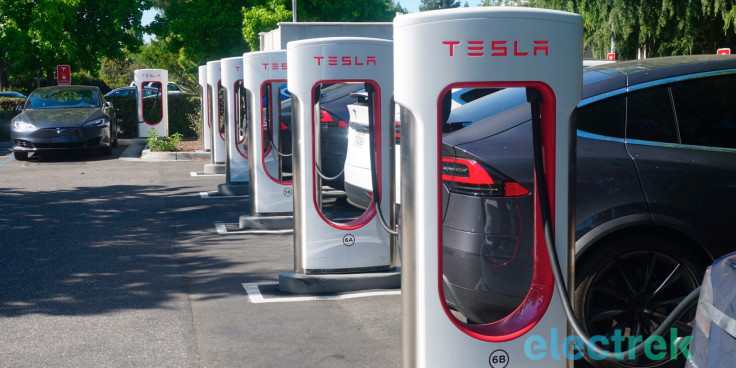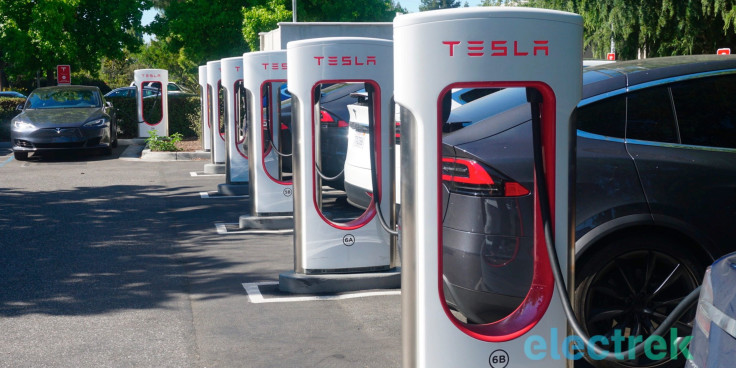Hydrogen Cars Appear Dead As EVs Take The Reins

Just a few years ago, there was a debate about which fueling technology would win long term: all-electric vehicles or hydrogen-powered vehicles. That debate appears to be over.
The final holdouts were Japanese automakers Toyota (NYSE:TM), Hyundai(NASDAQOTH:HYMLF), and Honda (NYSE:HMC), who make three fuel-cell vehicles that they thought would eventually upend all-electric vehicles. But they've gained very little traction, and now they all seem to be giving in to the reality that EVs have won.
Giving up on a dream
No one investing in fuel cells has officially given up on the technology because there are applications for it even if it's not for passenger vehicles. But there are plenty of signs that automakers are moving on to more fully electric options.
Toyota's push will start with hybrids, where it pioneered partially electric driving with the Prius. It recently announced a Highlander Hybrid that could get a combined 34 miles per gallon to add to Prius, Rav4 Hybrid, Camry Hybrid, and others. Toyota isn't going all electric yet, but it's getting close with a growing hybrid lineup.
Honda has announced an all-electric platform that is aimed at urban drivers. It's expected to launch in 2020 with modest production goals of about 5,000 units the first year. That's small for Honda but a step toward EVs that may make the Clarity fuel cell obsolete.
Hyundai may have made the biggest leap from fuel cells to EVs with the 124-mile-range Ioniq Electric and the 258-mile-range Kona Electric. The company could be a major player in EVs over the long term, with a long range and compelling price points starting below $40,000.

EVs have reached scale
According to InsideEVs, 2.02 million electric or hybrid electric vehicles were sold worldwide in 2018, with 361,307 units being sold in the U.S. Tesla (NASDAQ:TSLA) is the biggest name in EVs today, with three of the top four best-selling vehicles in 2018, but Toyota, Honda, and General Motors (NYSE:GM) are starting to reach scale in the tens of thousands of units as well.
This compares to 2,300 fuel-cell vehicles sold in the U.S. in 2018, according to InsideEVs. Scale is critical in any manufacturing business, and EVs have a huge scale advantage over hydrogen today.
Hydrogen has a place
None of this is to say that hydrogen doesn't have a place somewhere in the market. Buses, local delivery trucks, and long-haul vehicles will see value in hydrogen's quick fueling and longer range than electric options. Material handling applications also appear to be gaining traction in factories and warehouses.
What's tough to dispute is that the hydrogen fuel cell dream is all but dead for the passenger vehicle market. EVs have improved by leaps and bounds, increasing range and lowering charge time so that there's very little disruption to the average consumer's travel. Now all that's left is for the former hydrogen-focused manufacturers to play catch-up with Tesla, GM, and others, which may be easier said than done.
This article originally appeared in the Motley Fool.
Travis Hoium has no position in any of the stocks mentioned. The Motley Fool owns shares of and recommends Tesla. The Motley Fool has a disclosure policy.





















